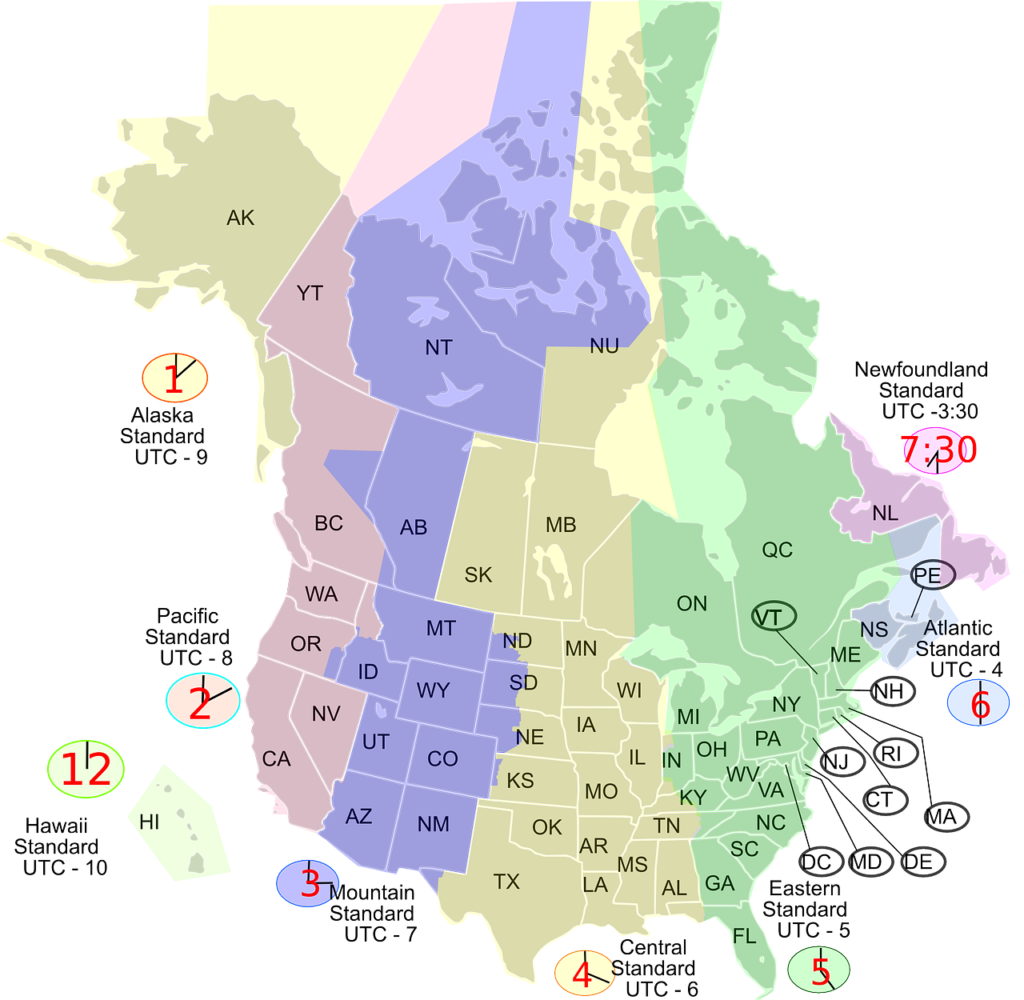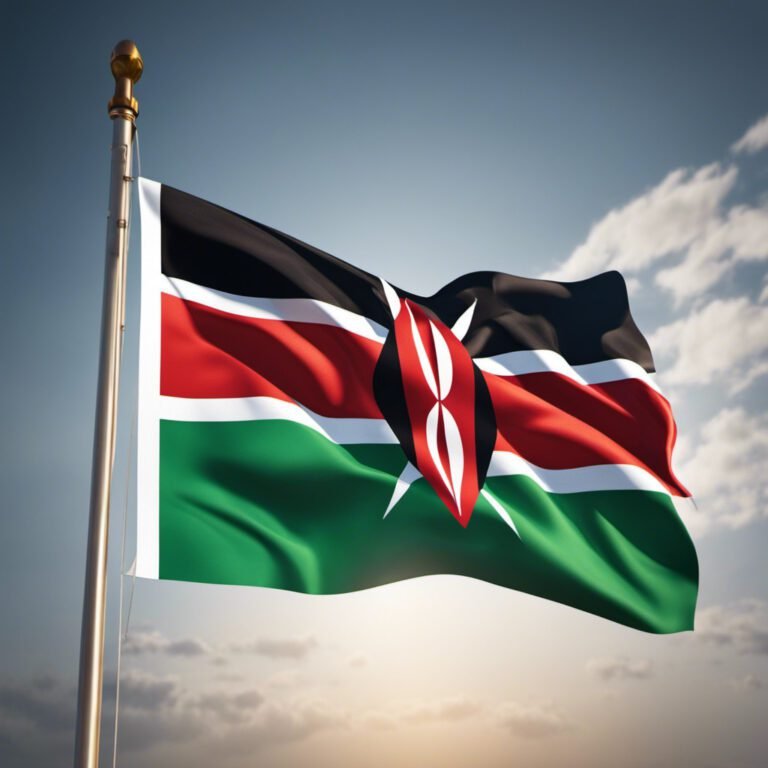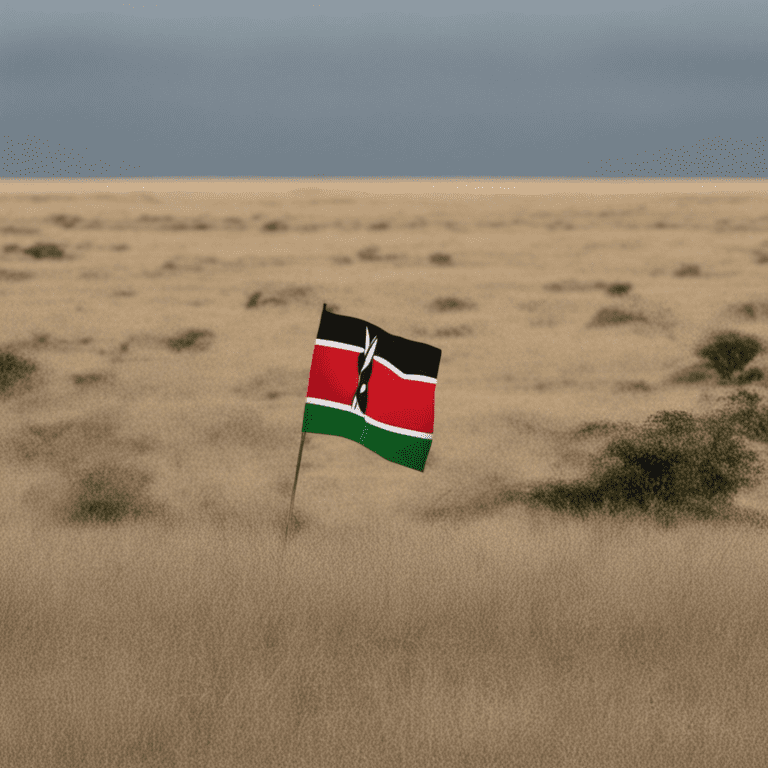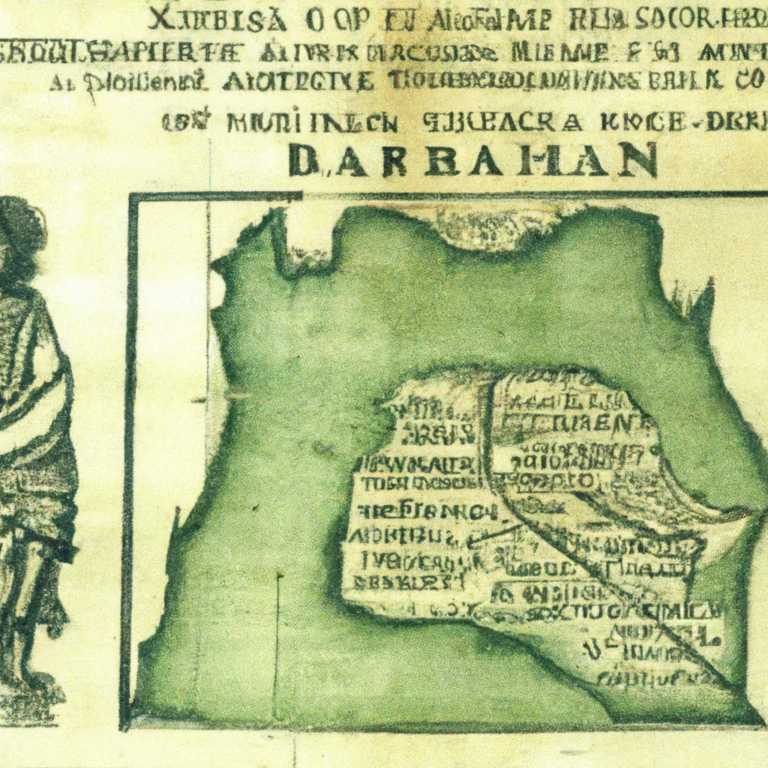What Is The Time Zone In Kenya?
If you’ve ever found yourself puzzled by the time difference when planning an international call or trying to catch a live event, fear not! This short article is here to provide you with the answer to the burning question: What is the time zone in Kenya? Whether you’re an avid traveler, a curious individual, or just in need of some general knowledge, understanding the time zone in Kenya can help you stay connected and on track with the world beyond your borders. So, let’s dive into the fascinating world of time zones and discover what makes Kenya tick.

This image is property of pixabay.com.
Time Zones
Time Zones Explained
Time zones are regions of the Earth that have the same standard time. The concept of time zones was introduced to help coordinate and track time across different regions of the world. It provides a standardized way of measuring time, ensuring that everyone is on the same page regardless of their location. Time zones are established based on the Earth’s rotation and are divided into 24 segments, each representing an hour of time. These segments are defined by lines of longitude, with the prime meridian (0 degrees longitude) serving as the reference point.
Definition of Time Zone
A time zone is a geographical region that follows the same standard time. This standard time is typically based on the mean solar time of a specific meridian, which serves as the primary reference point for that time zone. The time within a time zone remains constant, with slight variations due to factors such as daylight saving time. The purpose of time zones is to ensure that time remains consistent across different regions, which is especially crucial for international communication, business operations, and travel coordination.
International Date Line
Position of Kenya in Relation to the International Date Line
The International Date Line (IDL) is an imaginary line that serves as the demarcation between two consecutive calendar dates. It roughly follows the 180 degrees longitude line, zigzagging through the Pacific Ocean. As Kenya is located on the eastern side of Africa, it is far from the IDL. Therefore, Kenya does not experience the effects of crossing the IDL when traveling to different countries.

This image is property of pixabay.com.
Kenyan Time Zone
Location of Kenya
Kenya is a country located in East Africa. It is situated on the eastern coast of Africa, bordering the Indian Ocean to the southeast. Kenya shares its borders with five countries: Ethiopia to the north, Somalia to the northeast, Tanzania to the south, Uganda to the west, and South Sudan to the northwest.
Kenyan Standard Time (KST)
The Kenyan Standard Time (KST) is the time followed throughout Kenya. KST is three hours ahead of Coordinated Universal Time (UTC+3). This means that when it is 12:00 PM (noon) UTC, it will be 3:00 PM in Kenya. KST remains constant throughout the year, without any adjustments for daylight saving time.
Daylight Saving Time (DST)
Kenya does not observe daylight saving time (DST). This means that the time in Kenya remains the same throughout the year. Unlike some countries that adjust their clocks forward or backward during certain seasons, Kenya maintains a consistent time, ensuring simplicity and convenience for its residents and visitors.
Kenyan Time Zone Offset
The time zone offset of Kenya is +03:00. This offset represents the difference between Kenyan Standard Time (KST) and Coordinated Universal Time (UTC). The plus sign indicates that Kenya is ahead of UTC by three hours. This offset allows for efficient communication and coordination between Kenya and other regions around the world.
Coordinated Universal Time (UTC)
Definition of Coordinated Universal Time (UTC)
Coordinated Universal Time (UTC) is the primary time standard by which the world regulates clocks and timekeeping. It is based on atomic clocks and serves as a reference for timekeeping across time zones. Unlike local time, which varies based on geographical location, UTC is the same everywhere on Earth. It is used as a basis for calculating time zone offsets.
Relation between UTC and Time Zones
UTC serves as a global standard against which time zones are established. Each time zone is defined by its offset from UTC. For example, Kenya follows Kenyan Standard Time (KST), which has a UTC offset of +03:00. By referencing UTC, it becomes possible to determine the time difference between any two locations, making it easier to schedule meetings, coordinate activities, and facilitate global communication.

This image is property of pixabay.com.
East Africa Time (EAT)
Introduction to East Africa Time (EAT)
East Africa Time (EAT) is the time zone used in various countries in East Africa, including Kenya. EAT is three hours ahead of Coordinated Universal Time (UTC+3), just like Kenyan Standard Time (KST). This time zone is shared by several countries in the region, facilitating consistency and coordination in timekeeping across borders.
Countries Using EAT
Apart from Kenya, other countries that follow East Africa Time (EAT) include Tanzania, Uganda, Rwanda, Burundi, and South Sudan. These countries have adopted EAT as their standard time to ensure synchronization and ease of communication within the region.
History of EAT
The establishment of East Africa Time (EAT) can be traced back to the early 20th century when the British colonial authorities introduced a standardized time system in East Africa. The adoption of EAT provided a common time reference for British East Africa, which included present-day Kenya, Tanzania, and Uganda. Over time, as these countries gained independence, EAT continued to be the preferred time zone, serving as a unifying element within the region.
Time Zone Differences
Time Zone Differences between Kenya and Other Countries
Due to its location, Kenya experiences time zone differences when compared to other countries. For example, countries such as the United States, United Kingdom, or Australia may be several hours behind or ahead of Kenya. These time zone differences need to be taken into account when planning international meetings, scheduling travel, or coordinating long-distance communication.
Time Zone Conversion
To convert between time zones, it is essential to consider the time difference between the two locations. By using the UTC offset as a reference, one can calculate the time in a different time zone. Various online tools and smartphone applications are available to simplify time zone conversions, making it easy to determine the appropriate time for global engagements.
Impact of Time Zone on Travel and Communication
Scheduling and Coordination
Time zones play a significant role in scheduling and coordination, particularly for international travel and communication. Understanding the time zone differences between two locations is crucial for effectively planning meetings, conference calls, or virtual collaborations. By considering these differences, one can ensure that all parties involved are available and ready to engage in a productive manner.
Business Communication
The impact of time zones on business communication cannot be overstated. Whether it’s an international business meeting, negotiation, or collaboration, being aware of the respective time zones is essential. By accounting for time differences, business professionals can establish effective communication channels, enabling seamless interaction and avoiding delays or conflicts caused by misalignment of schedules.
Travel Planning
Time zone differences are of utmost importance when planning international travel. Travelers must consider the time zone of their destination to make appropriate arrangements for arrival, departure, and activities during the trip. Being mindful of time zone changes helps in avoiding jet lag, adjusting to local time quickly, and maximizing travel experiences. Whether it’s catching a flight, attending a conference, or exploring tourist attractions, adjusting to the local time zone is vital for a smooth travel experience.
Time Zone Changes
Factors Affecting Time Zone Changes
Time zone changes can occur for various reasons. Some common factors contributing to time zone changes include changes in political boundaries, the adoption of daylight saving time, and international agreements aimed at standardizing time zones within a particular region. These changes are made to improve coordination, simplify timekeeping, or align with the practices of neighboring countries.
Effects of Time Zone Changes
Time zone changes can have both positive and negative effects. On one hand, standardizing time zones within a region can enhance communication, reduce confusion, and facilitate coordination. On the other hand, adjusting to time zone changes, especially when they involve daylight saving time transitions, can disrupt daily routines and potentially impact sleep patterns. It is essential for individuals and organizations to adapt to time zone changes effectively, ensuring minimal disruptions and maximizing productivity.
Timekeeping in Kenya
Traditional Timekeeping Methods
In traditional Kenyan communities, timekeeping was often based on natural elements such as the position of the sun or the crowing of roosters. Traditional timekeepers, known as “keepers of the sun,” were responsible for observing celestial movements and providing a reference for time. These methods were practical for local activities and agricultural practices but lacked the precision required for global synchronization.
Modern Timekeeping Methods
With the advent of modern technology, Kenya, like the rest of the world, has embraced more accurate and standardized timekeeping methods. Today, atomic clocks and precise timekeeping devices synchronize time across the country, ensuring consistency and conformity with international standards. Kenyans rely on digital clocks, watches, and smartphones to keep track of time, providing reliable and precise references for daily activities, business engagements, and personal schedules.
Conclusion
Understanding time zones and their implications is essential in today’s interconnected world. In Kenya, the Kenyan Standard Time (KST), which follows the East Africa Time (EAT) zone, serves as the country’s standard time, allowing for efficient coordination and communication. Time zone differences impact various aspects of our lives, from business communication to travel planning. By being aware of these differences and utilizing tools available for time zone conversions, individuals and organizations can navigate time-related challenges and ensure effective global interactions. Timekeeping methods have evolved over time, with modern technology providing precise and reliable means of keeping track of time in Kenya and around the world.







